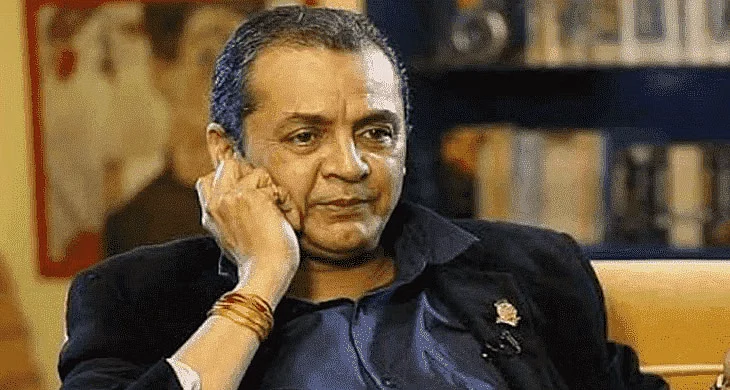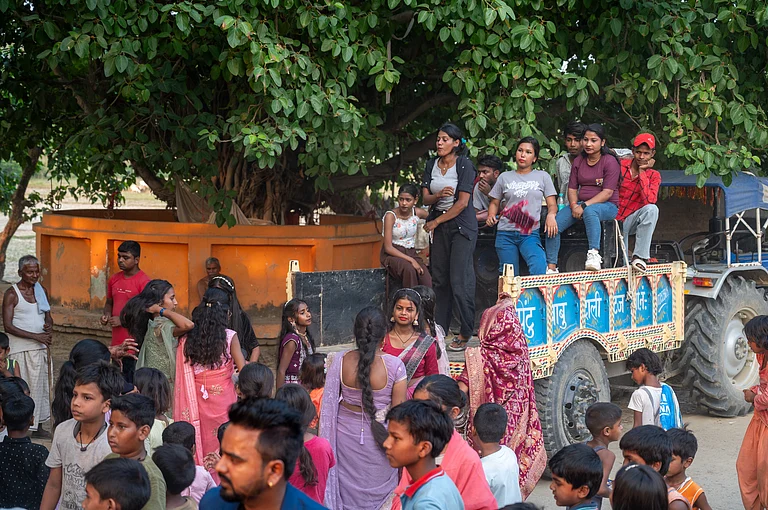
Thakur reported from major conflict zones like Kargil and Kashmir and covered historic events including the Bhopal tragedy and Indira Gandhi’s assassination.
He was honoured with the Prem Bhatia Award and Appan Menon Fellowship for his courageous and insightful reporting.
His books on Bihar’s political figures, including Single Man and The Brothers Bihari, are considered definitive works in political literature.
Sankarshan Thakur, editor of The Telegraph, acclaimed political author, and one of the country’s most respected ground reporters, has died at the age of 63 after prolonged illness.
According to The Hindu, Thakur’s health had been ailing for some time and had undergone surgery recently.
Remembrance Pour In
Many journalists have shared their condolences online. “We’ve lost a fearless voice in journalism. His sharp political analysis and unwavering commitment to the truth will be deeply missed,” the Press Club of India said in a post on social media platform X.
In an X post, Congress President Mallikarjun Kharge stated, "His sharp reporting, bold political commentary, and elegant writing style leave an enduring legacy." Thakur began his career as a journalist for the Ananda Bazar Patrika group's Sunday magazine and was skilled at ground reporting in Bihar and Kashmir.
Congress communication chief Jairam Ramesh paid his respects to Thakur on X, “Sankarshan Thakur, editor of The Telegraph, who has just passed away at a relatively young age, was a delightfully brilliant writer”.
“He was a very incisive analyst of Indian politics, and his numerous articles on Bihar as well as J&K [Jammu and Kashmir] established his reputation. Over the many years that he sparkled as a journalist, he consistently informed and educated. He belonged to a breed that is already endangered. Liberal, democratic, secular, and pluralistic India has lost one of its strongest defenders,” Ramesh added.
Journalist Saba Naqvi shared her last meeting with Thakur during the 2024 general election campaign in Varanasi. “We had both been in the field in excruciating heat. I had fainted on the ghats and he would tell me he just nearly collapsed in the room,” she wrote. “The point is, this was an Editor who was sweating it out in the field. That’s what makes a great journalist.”
Narendra Nath Mishra, political editor at Navbharat Times, noted Thakur’s deep knowledge of Bihar. “I used to take knowledge from him in every election. The country has lost a great journalist, person and Bihari.”
Four Decades of Journalism
Thakur began his journalism career in 1984 at Sunday magazine. He went on to hold senior editorial roles at The Telegraph, The Indian Express, and Tehelka.
He covered some of India’s most challenging and significant events—from the Kargil war and Kashmir insurgency to the Bhopal Gas Tragedy, 1984 anti-Sikh riots, Indira Gandhi’s assassination, the Sri Lankan conflict, and the Maldives coup. His ground-level reporting earned him respect and recognition, including the Prem Bhatia Award in 2001 and the Appan Menon Fellowship in 2003.
His biographies, such as Subaltern Saheb, Single Man: The Life and Times of Nitish Kumar of Bihar, and The Brothers Bihari, remain authoritative works on Bihar’s political landscape. With nearly four decades of reporting and authorship, he leaves behind a lasting legacy in Indian journalism and political commentary.


























